It’s performance review season, and for many, this is a cause for panic. Although they get a bad rap, annual performance reviews can provide valuable feedback and are a key driver for one’s professional growth.
Here are several tips to help you prepare (and rock) your performance review:
Preparation
Preparation is the key to your success. Give yourself at least an hour to reflect as you fill out your form and take into account the accomplishments you’ve had throughout the year. Be ready to discuss new goals, areas for growth, and examples of the value you brought to the company.
Address Your Shortcomings
Look, no one is perfect – even your boss. So if you had any failures, be prepared to talk about them and explain why you fell short. Then, make a plan on how to avoid those shortcomings next time (and don’t be afraid to ask your boss for advice)!
By addressing your faults, it signals that you’re taking your performance seriously, and gives you a chance to craft your message before discussing difficult topics.
Prepare Questions in Advance
Take advantage of the conversation and ask for feedback. Questions like “What could I do to improve?” and “Am I on track relative to my peers?” are great ways to demonstrate your commitment to the role.
Be on Offense (Not Defense)
There’s a fine line between offering excuses and explaining yourself. If you go into the review on the defensive without providing evidence – this sounds like a game of he-said-she-said. Instead, gather evidence for the shortcomings you need to address and be open to suggestions.
Listen
Keep in mind – the goal of the performance review isn’t to make you feel bad. Rather, it’s intended to bring out the best of your abilities. By actively listening to your manager, consider how you can apply what they’re saying to your responsibilities.
That’s it! At the end of the day, these meetings are intended to be a conversation to help you improve. Keep these tips in mind and you’ll be sure to walk away from your review refreshed and ready to rock your role throughout the rest of the year.



